In a world increasingly shaped by algorithms and data-driven decisions, the idea of finding love through genetic compatibility no longer seems far-fetched. Scientific American recently explored whether DNA-based matchmaking could one day replace traditional romantic courtship—a question that forces us to examine the intersection of biology, technology, and human emotion. As companies offering genetic dating gain traction, skeptics and proponents alike debate whether science can—or should—dictate matters of the heart.
The concept hinges on research suggesting that people are subconsciously drawn to partners with complementary immune systems, detectable through scent. This phenomenon, linked to the Major Histocompatibility Complex (MHC), implies we may be hardwired to seek genetically advantageous matches. Startups like GenePartner and Pheramor have capitalized on this science, offering to analyze users’ DNA and pair them with biologically ideal mates. Their pitch? Deeper chemistry and healthier offspring. But beneath the glossy promises lies a thornier reality.
Critics argue that reducing romance to genetic algorithms overlooks the intangible sparks—shared values, humor, life experiences—that bind couples. A 2023 study in Nature Human Behaviour found that while MHC compatibility influenced initial attraction, it had negligible impact on long-term relationship satisfaction. "DNA might explain why you’re drawn to someone’s scent at a party," says anthropologist Dr. Helen Fisher, "but it won’t tell you who’ll bring you soup when you’re sick." The limitations of genetic matching become stark when considering cultural, psychological, and socioeconomic factors that shape modern love.
Proponents, however, see it as an evolution rather than a replacement for dating. "Think of it as a filter, not a fate," argues geneticist Dr. Julian Chen. In an era of endless dating app swipes, he suggests genetic prescreening could save time and heartache by highlighting high-potential matches early. Some users report feeling a strange reassurance knowing their date’s DNA aligns with theirs—a 21st-century twist on age-old ideas of destiny. Yet this raises ethical quandaries: Could such services exacerbate societal biases, favoring those with "desirable" genes? And what happens when science contradicts personal choice?
The debate grows more complex as technology advances. Emerging research explores correlations between specific gene variants and traits like empathy or risk-taking—potentially enabling matches based on personality compatibility. But weaving genetics deeper into romance invites dystopian concerns. Imagine parents sequencing embryos to maximize future dating prospects, or corporations monetizing "love scores." Regulatory frameworks lag far behind these possibilities; currently, genetic dating services operate in a legal gray area with little oversight.
Perhaps the middle ground lies in transparency. Unlike opaque dating app algorithms, genetic matchmaking offers measurable criteria—but users should understand its narrow scope. "Your genome isn’t your soul," remarks bioethicist Dr. Keisha Johnson. For now, these services remain a niche experiment, hybridizing science and serendipity. The enduring appeal of chance encounters—a glance across a room, a stumbled-over conversation—suggests love may always demand mysteries no lab can unravel.
As with any disruptive technology, genetic matchmaking forces us to confront what we value in human connection. It challenges the romantic ideal that love defies logic while simultaneously proving how deeply biology influences us. Whether it becomes mainstream may depend less on its scientific merits than on an irreducibly human question: Do we want our hearts guided by data? The answer, like love itself, resists simplicity.

By /Jul 28, 2025

By /Jul 28, 2025
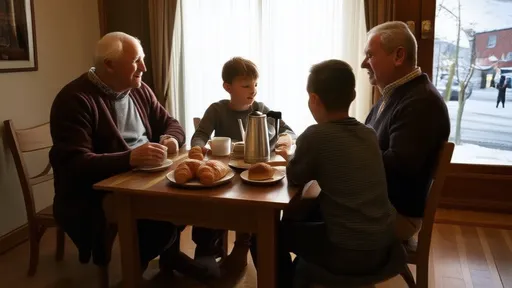
By /Jul 28, 2025
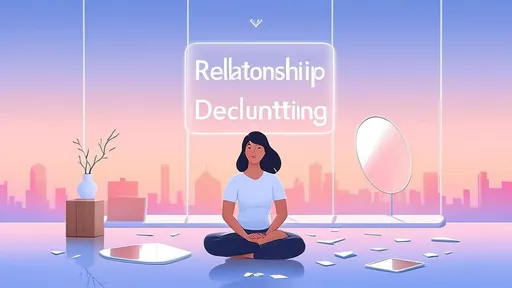
By /Jul 28, 2025
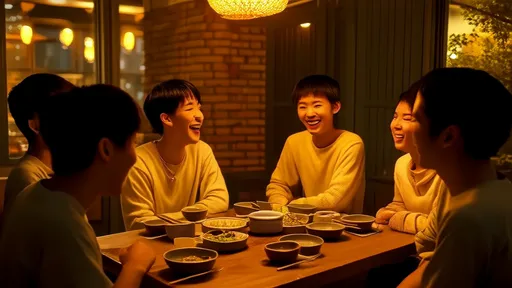
By /Jul 28, 2025
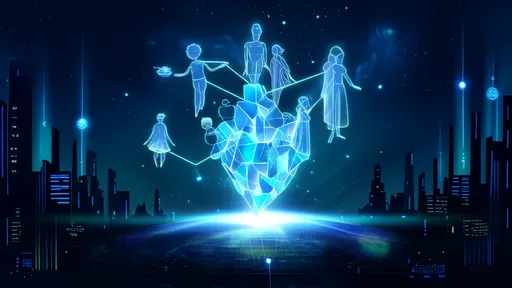
By /Jul 28, 2025
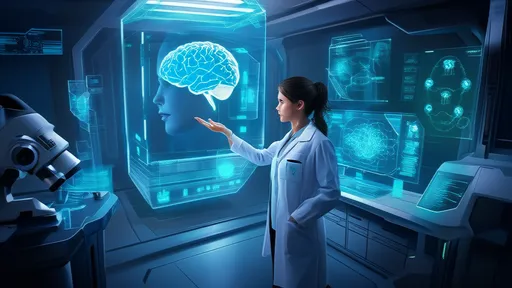
By /Jul 28, 2025

By /Jul 28, 2025
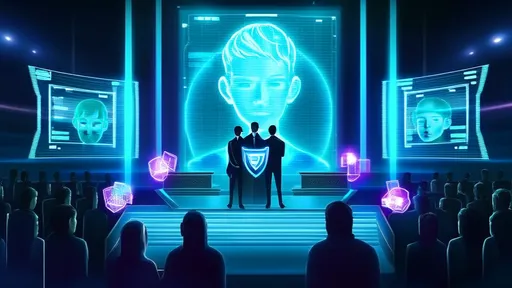
By /Jul 28, 2025
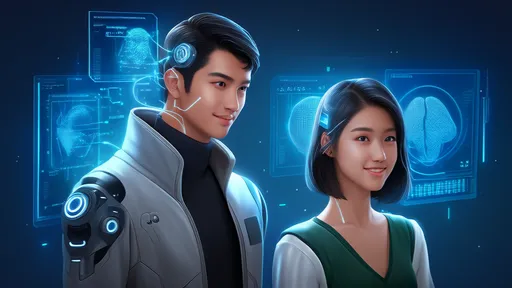
By /Jul 28, 2025

By /Jul 28, 2025

By /Jul 28, 2025

By /Jul 28, 2025
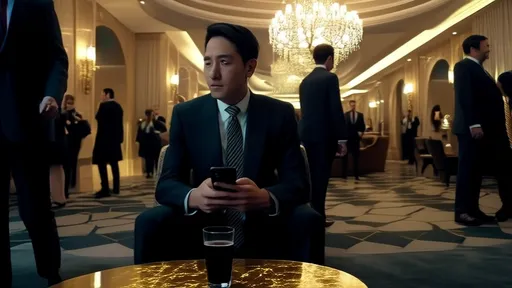
By /Jul 28, 2025

By /Jul 28, 2025

By /Jul 28, 2025

By /Jul 28, 2025

By /Jul 28, 2025

By /Jul 28, 2025
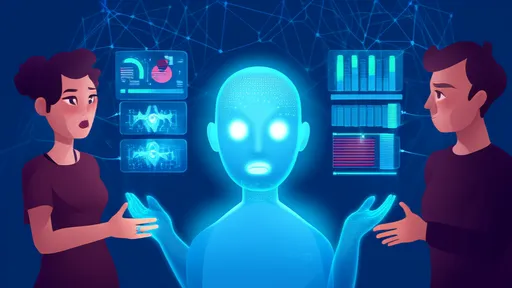
By /Jul 28, 2025